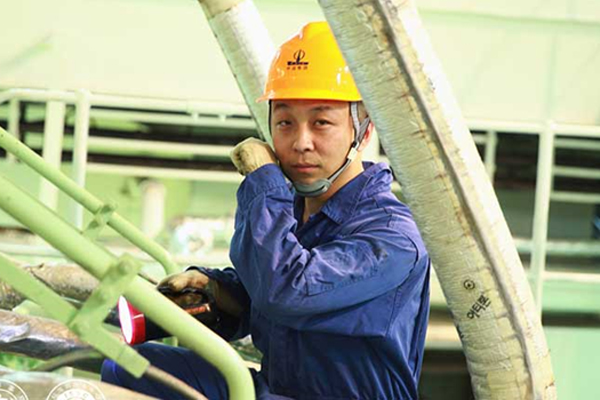|
Seafarers and fishers: Providing vital services during the COVID-19 pandemic
The COVID-19 pandemic has created an unprecedented situation worldwide. To slow the spread of the disease and lessen its impact, governments around the globe have restricted travel and closed borders. Numerous ports and airports have shut, ships denied entry and planes grounded.
About 90 per cent of global trade is moved by maritime transport thanks to the work of the world’s two million seafarers. In addition, commercial fishing is a major source of the world’s food.
Many seafarers are on board for extended periods of time so to avoid fatigue, crews need to change on a regular basis. This involves some 100,000 seafarers every month.
However, because of restrictions due to the COVID-19 pandemic, around 90,000 seafarers are currently stuck on board cruise ships without passengers and sometimes even without pay. A similar number have been forced to stay on-board commercial ships for much longer than their planned period of service. According to claims received by the ILO, numerous seafarers in need of immediate medical care ashore have not been allowed to disembark at many ports around the world. Seafarers and fishers on board are effectively stranded. Meanwhile those waiting to return to sea have often lost their source of income.
The ILO is calling on governments to adopt without delay all possible measures to facilitate crew changes and the repatriation of seafarers and fishers, while taking steps to minimize the risk of contagion. The protection of seafarers’ and fishers’ safety and health must remain a priority during the pandemic.
The Maritime Labour Convention, 2006 , has proved to be a strong and practical instrument that has supported both seafarers and ship owners during this pandemic.
As seafarers and ship owners are looking to the Convention for protection the ILO has therefore issued an Information note providing advice on its implementation in the context of the COVID-19 pandemic. It has also issued a sectoral brief on COVID-19 and maritime & fishing.
The ILO is also joining forces with the International Maritime Organization (IMO), the World Health Organization (WHO), the International Chamber of Shipping (ICS) and the International Transport Workers' Federation (ITF) to develop and implement a global coordinated response to the problems created by the outbreak of COVID-19 in the maritime sector.
By Corinne Vargha, Director, ILO International Labour Standards Department and Alette van Leur, Director, ILO Sectoral Policies Department
|



